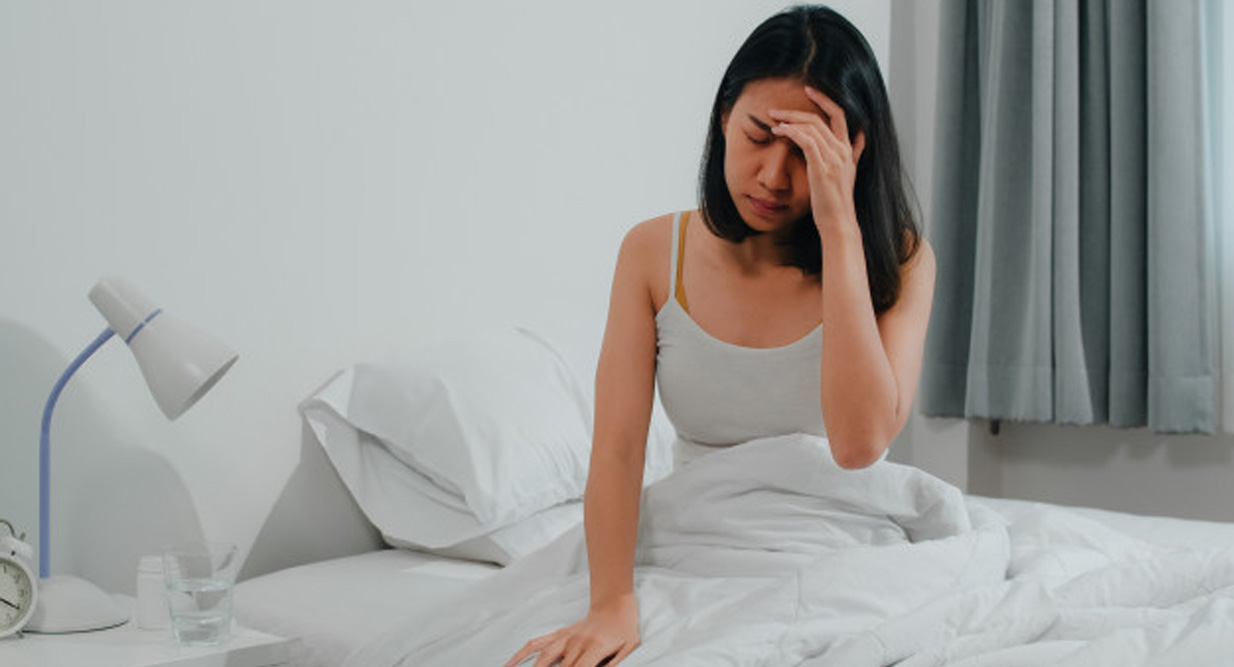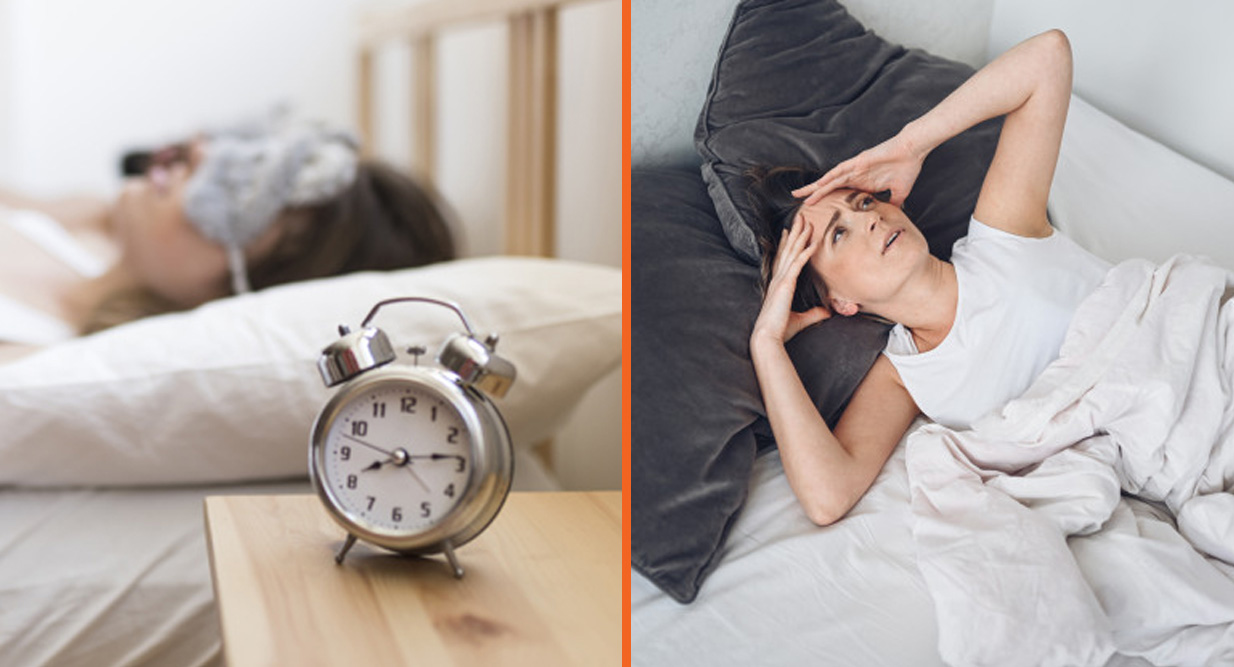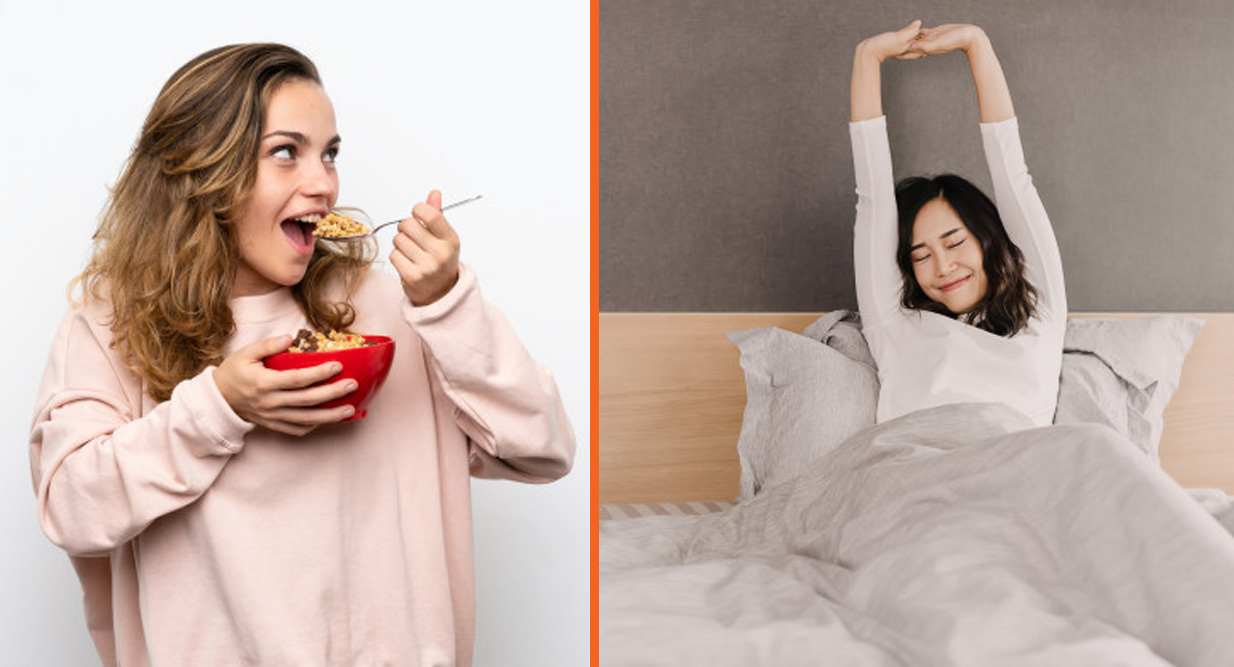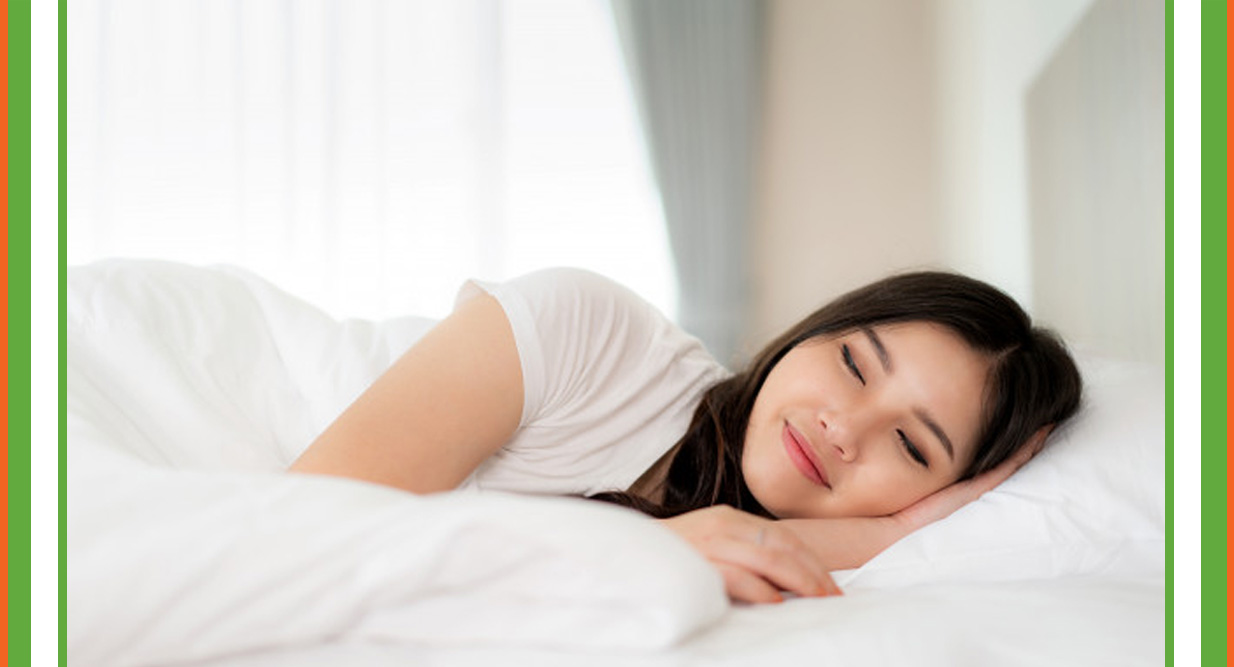The hectic and stressful work schedule; has affected our sleeping pattern. The current mindset of people “you snooze, you lose” has contributed significantly to the rise in sleep deprivation. Like the food we eat, the air we breathe, sleep is an essential part of our lives, and this is something most people fail to realize.
Sleep loss, among adults, is mainly related to stress, work schedules, and generally busy lifestyles. And in adolescents, the reasons for insufficient sleep are connected to higher social media usage and academic stress.
Sleep deprivation contributes to several immune changes that can play a role in disease development. It leads to increased inflammation which is associated with a host of illnesses from heart diseases to gum inflammation.

Five reasons why getting 8 hours of sleep is necessary:
1. Poor sleepers are at a higher risk of cardiovascular disease
According to research, people getting 7-8 hours of undisturbed sleep were at a lower risk of developing cardiovascular disease. A 2008 study from the University of Chicago concluded that there’s a link between shortened sleep and increased coronary calcification (calcium deposits), which is a good predictor of future coronary artery disease.

2. Sleep duration plays a role in glucose metabolism and the development of type-2 diabetes
The increased risk of obesity is linked to reduced sleeping hours. A cross-sectional study found that people sleeping for less than 5 hours per night were at an increased risk of obesity by 1.5 times with a 0.35kg/m2 increase in BMI for every reduced hour of sleep.
Short sleep duration has also shown to increase the chances of developing both type-2 diabetes and impaired glucose tolerance.
3. Sleep deprivation affects neurobehavioral function.
Insufficient sleep in the night automatically leads to drowsiness and fatigue the following morning, thus increasing the risk of human error and workplace injuries. Studies have shown that there’s a direct link between sleepiness and impaired hand-eye coordination.

4. Good sleepers have a better eating pattern.
Leptin is an appetite suppressant hormone produced by adipose tissue, and ghrelin is released from the stomach in response to fasting and promotes the feeling of hunger. A research conducted by Dr. Spiegel on healthy humans showed that sleep deprivation lowered the level of leptin by 18% and increased the ghrelin by 28%. The reduction of leptin level was an indicator of the increased hunger observed. Furthermore, sleep-deprived people preferred high carbohydrate food. This has demonstrated that sleep deprivation affects the eating behavior of individuals leading to a non-homeostatic eating pattern (food intake driven by psychological or emotional needs than the caloric need).

Use the app Health Click Away to track your food intake daily. The app gives insights into the amount of individual macronutrients present in the foods. Not only this, the app Health Click Away also provides information, on the type of activities that one can do such as walking, running, or bicycling in order to burn excess calories and keep obesity at bay.
5. Sleep deprivation and productivity
A significant productivity killer is a night of insufficient sleep. Inadequate sleep can make you less creative. A study conducted in 2010, involving 4000 workers from various American corporations categorized the participants as good sleepers and poor sleepers or ones with inadequate sleep. It was observed that poor sleepers experienced the steepest productivity losses, spending three times their time just on time management alone.

Simple strategies and tips to improve your sleep health:-
- It’s vital to stick to a fixed sleeping schedule and one must try to practice it even on weekends.
- Avoid intake of stimulants such as caffeine, alcohol, for at least four to six hours before bedtime.
- Avoid using electronic gadgets at least 1 hour before your sleeping time.
- Practice a bedtime ritual; it can be any activity that relaxes you like meditation, a warm bath, or reading a book.
- Exercising at least 3-4 hours before hitting the bed is known to help you sleep better.




